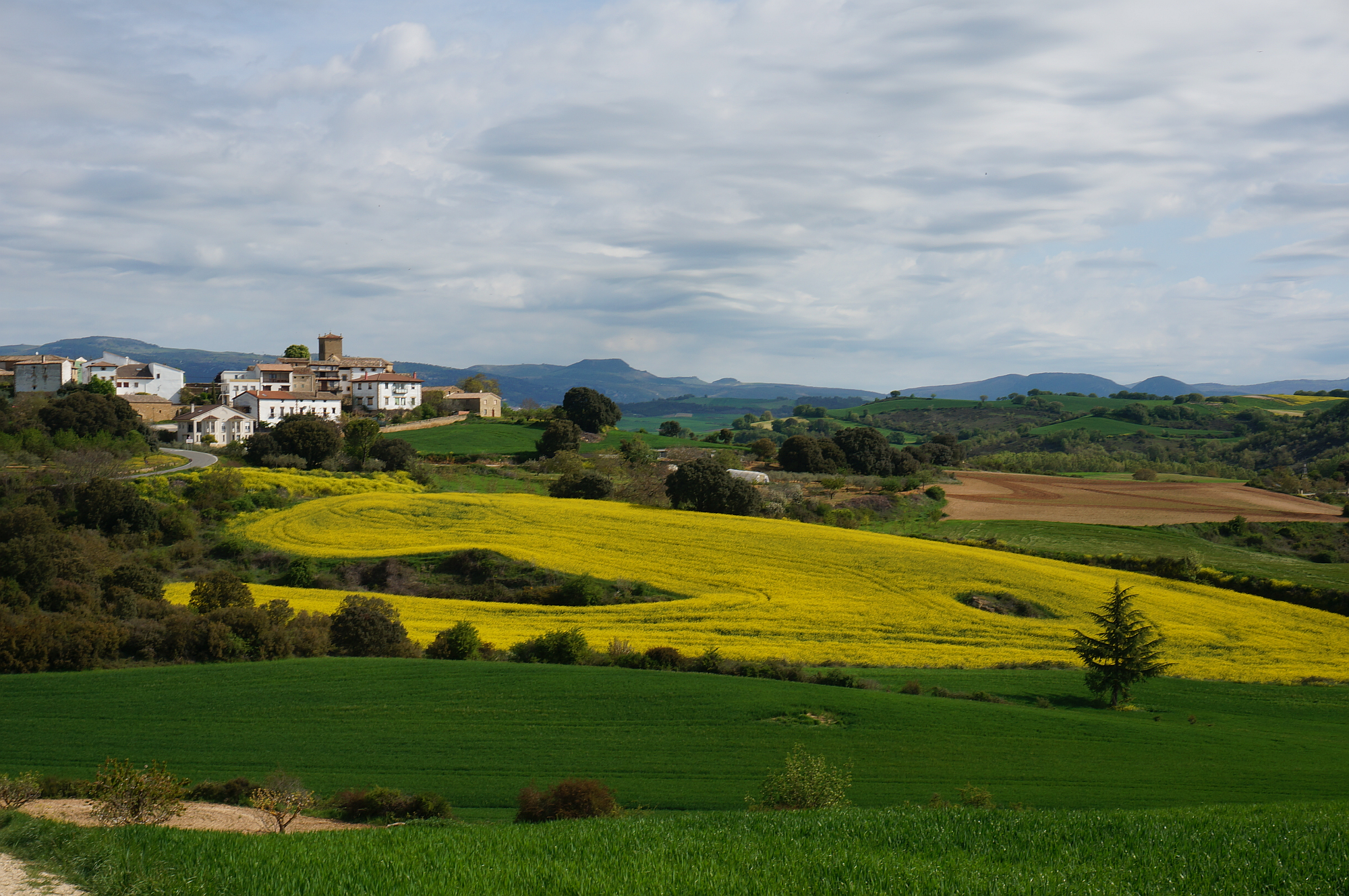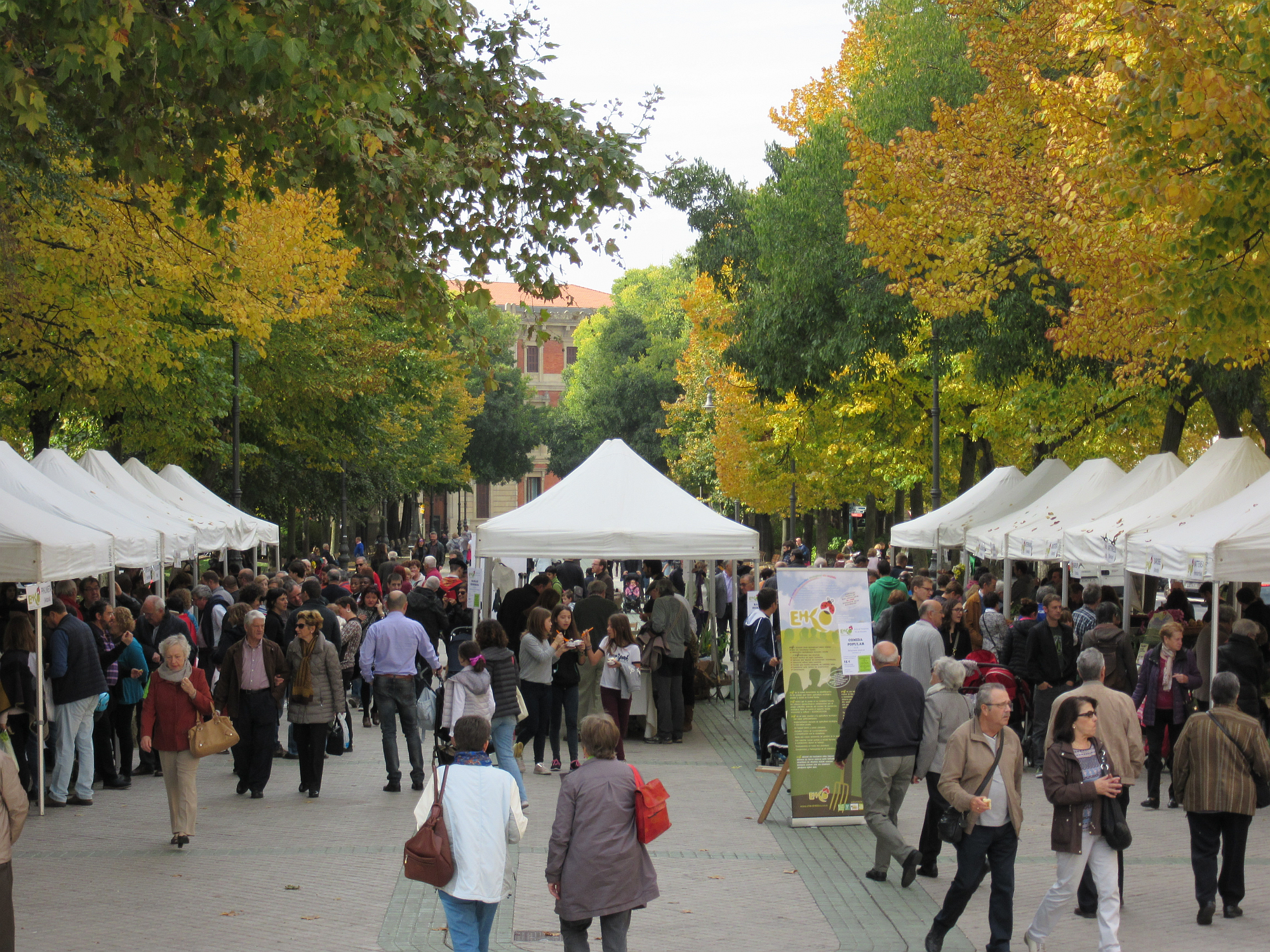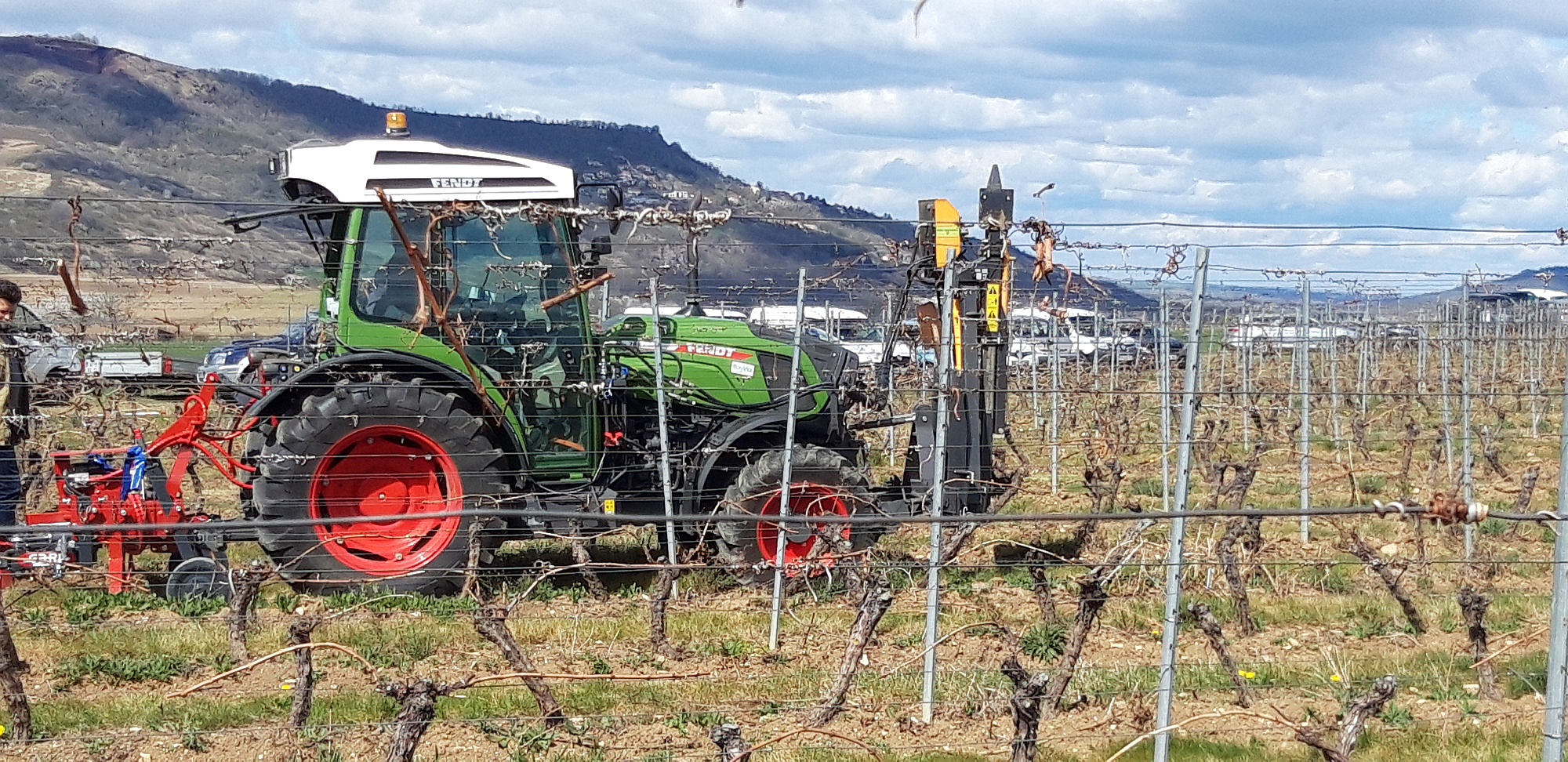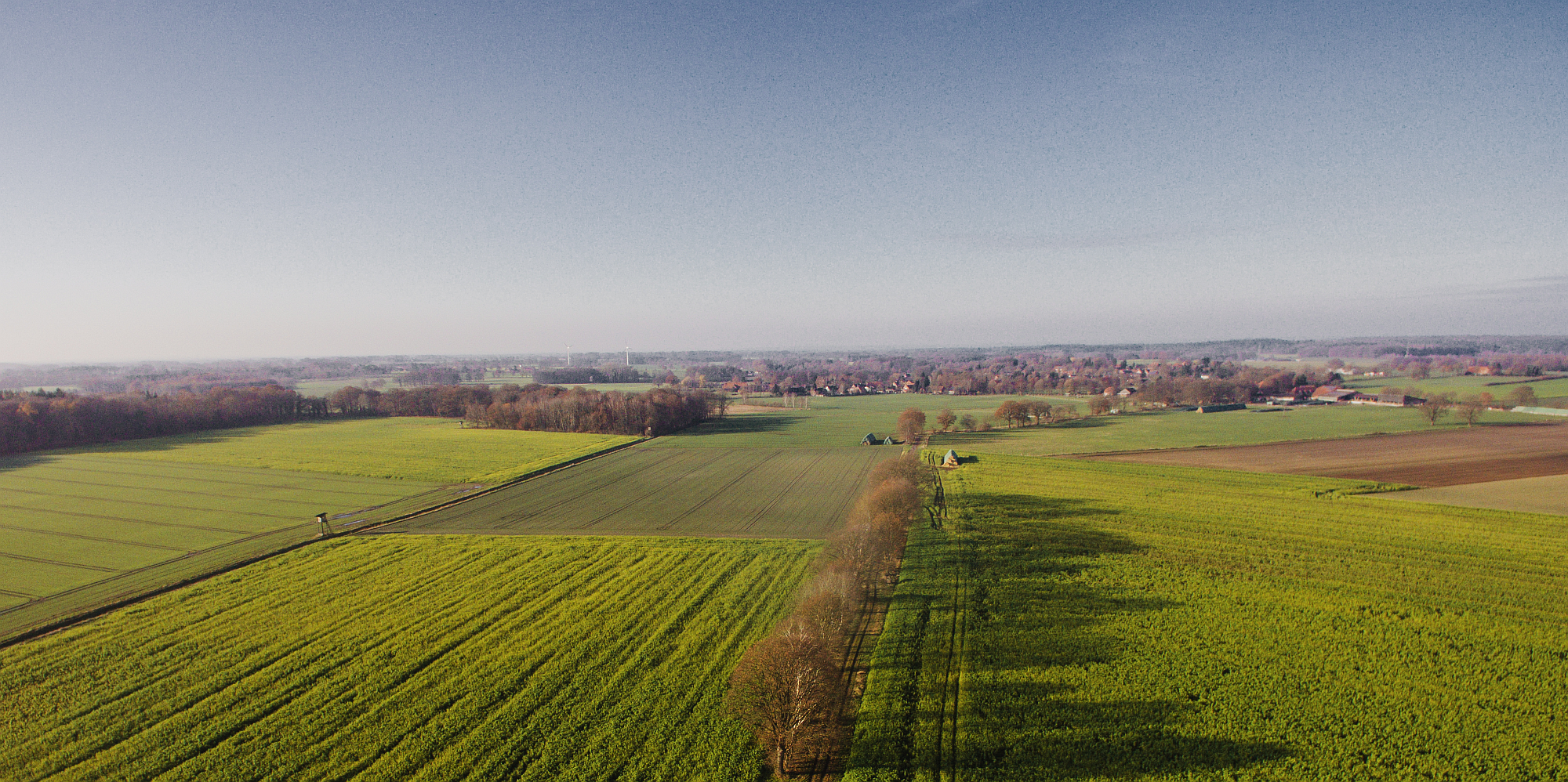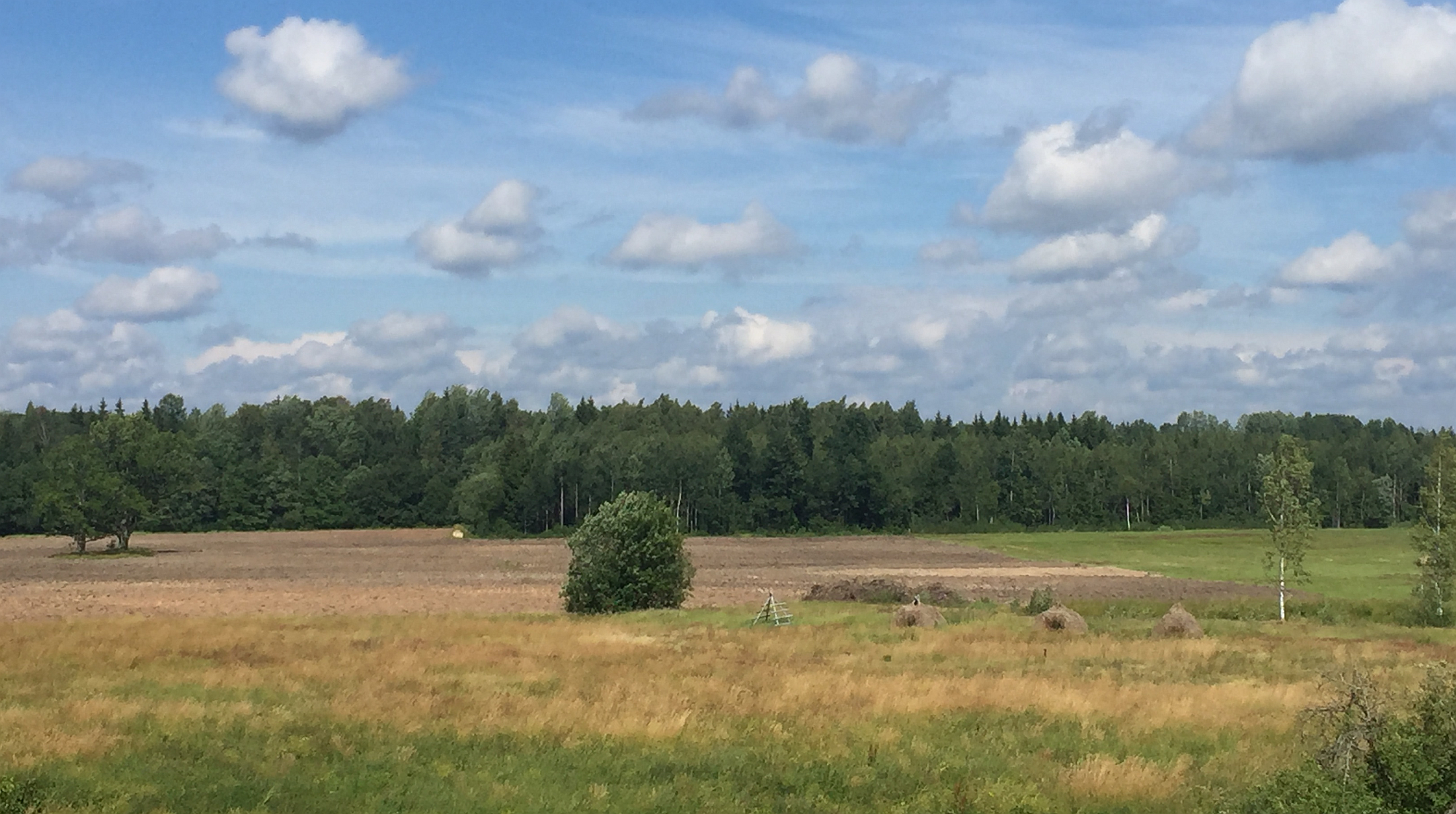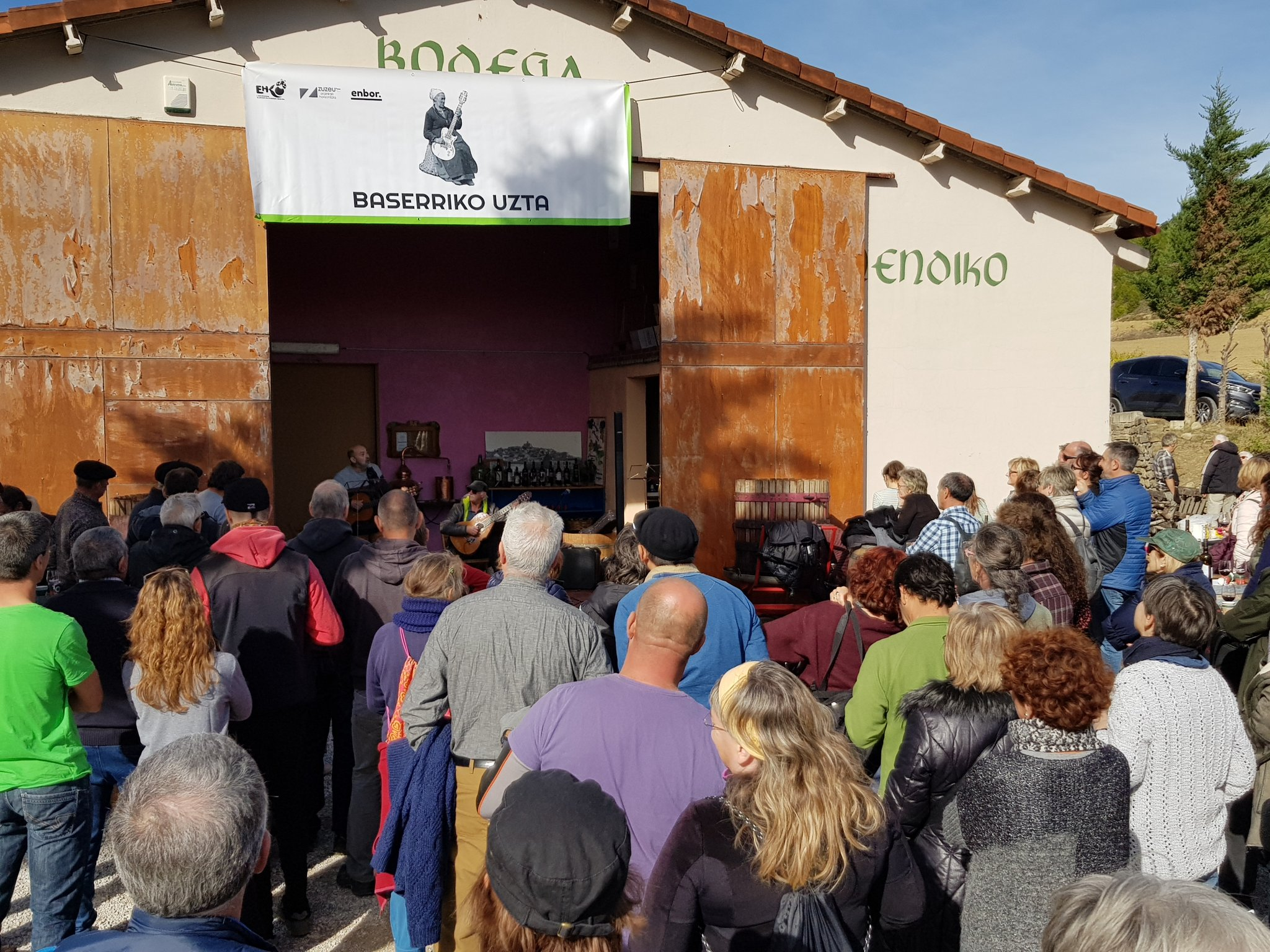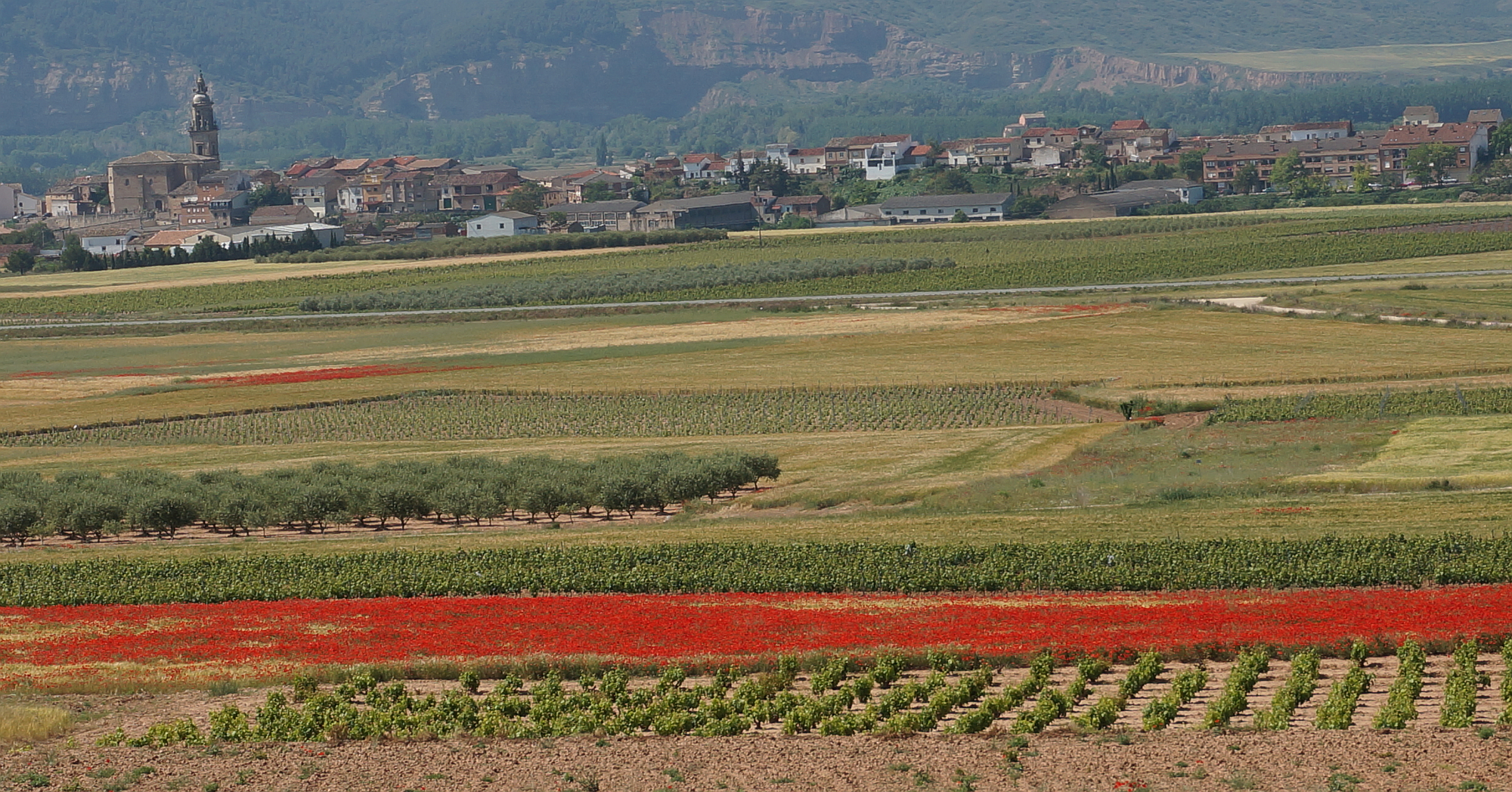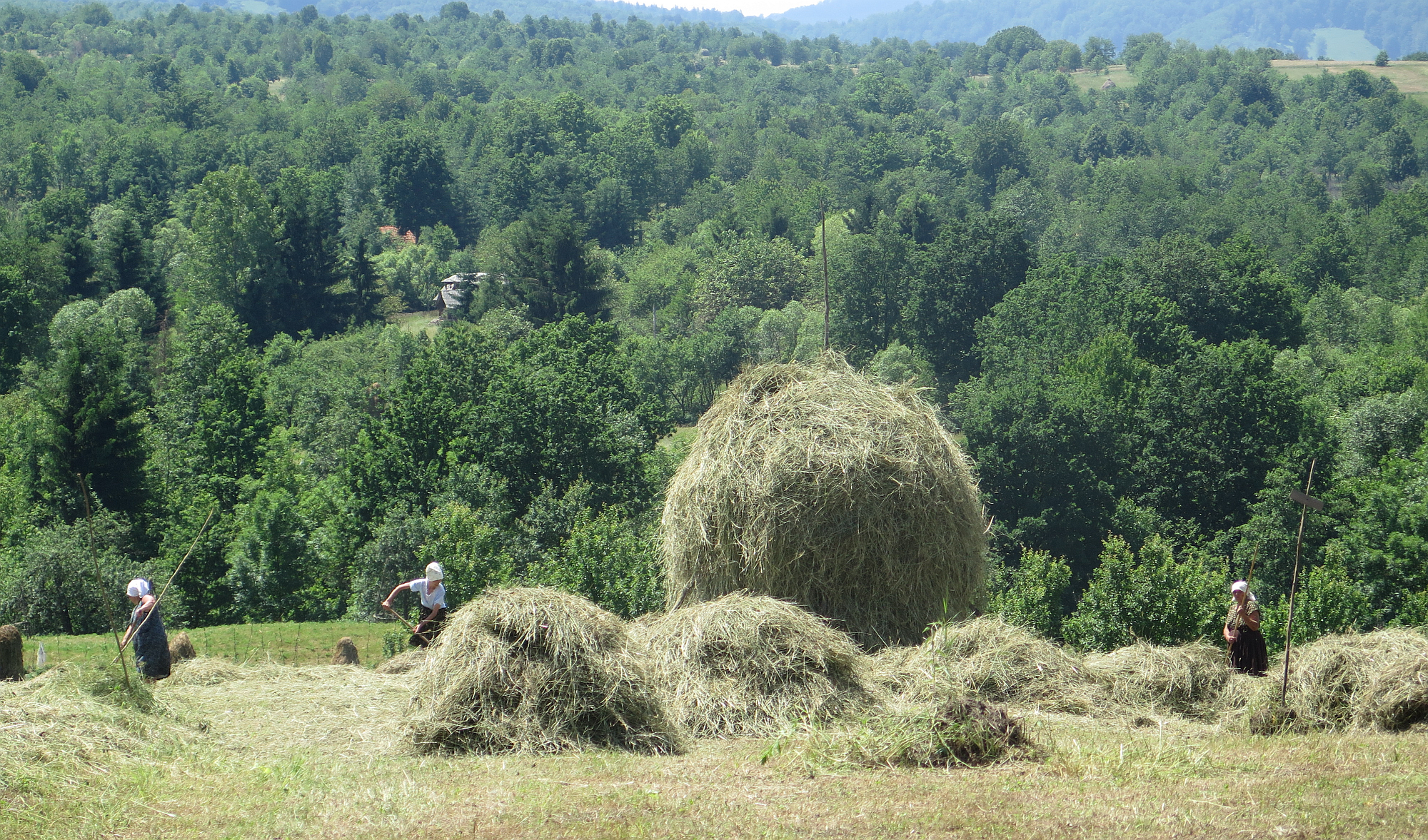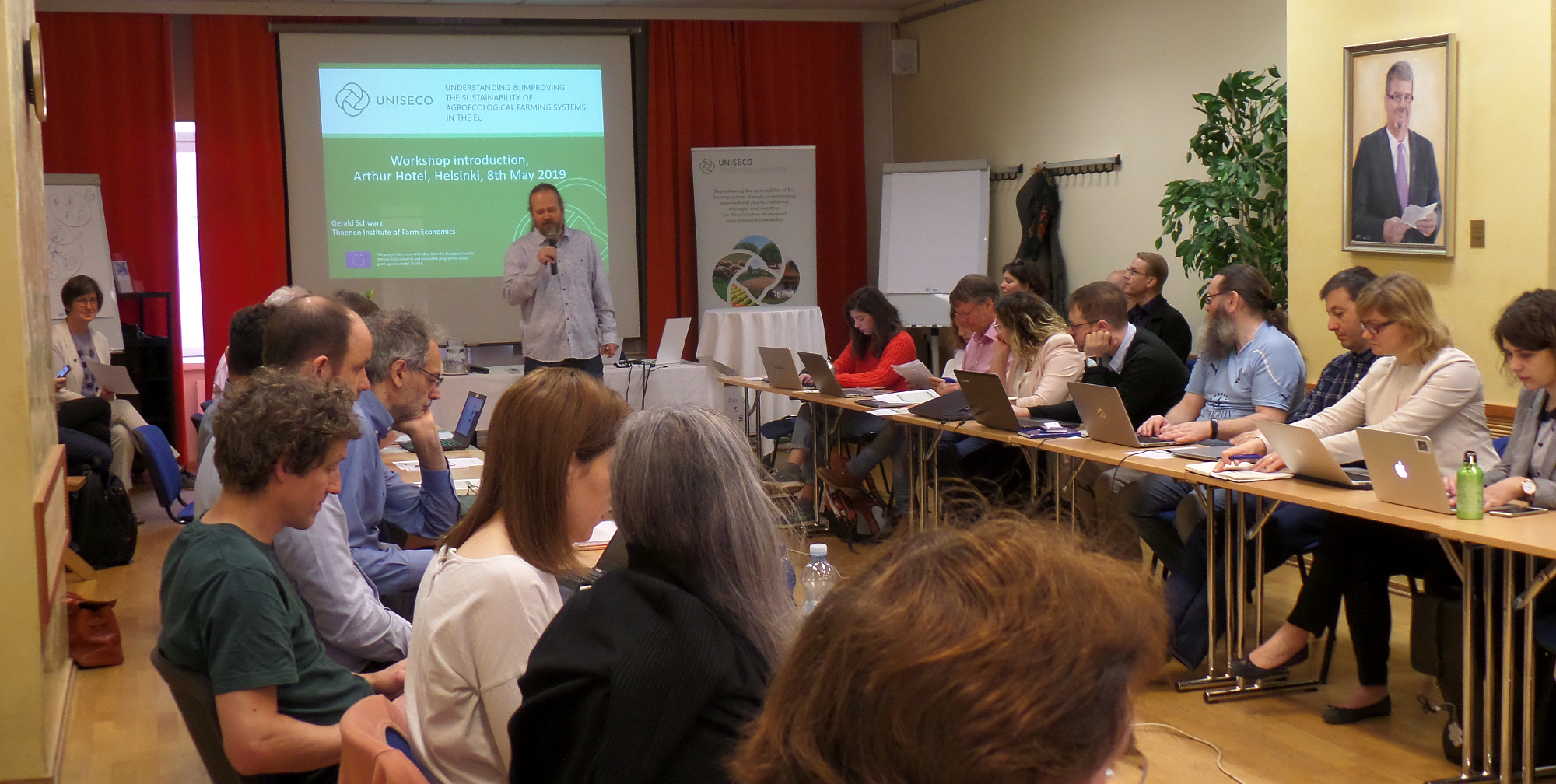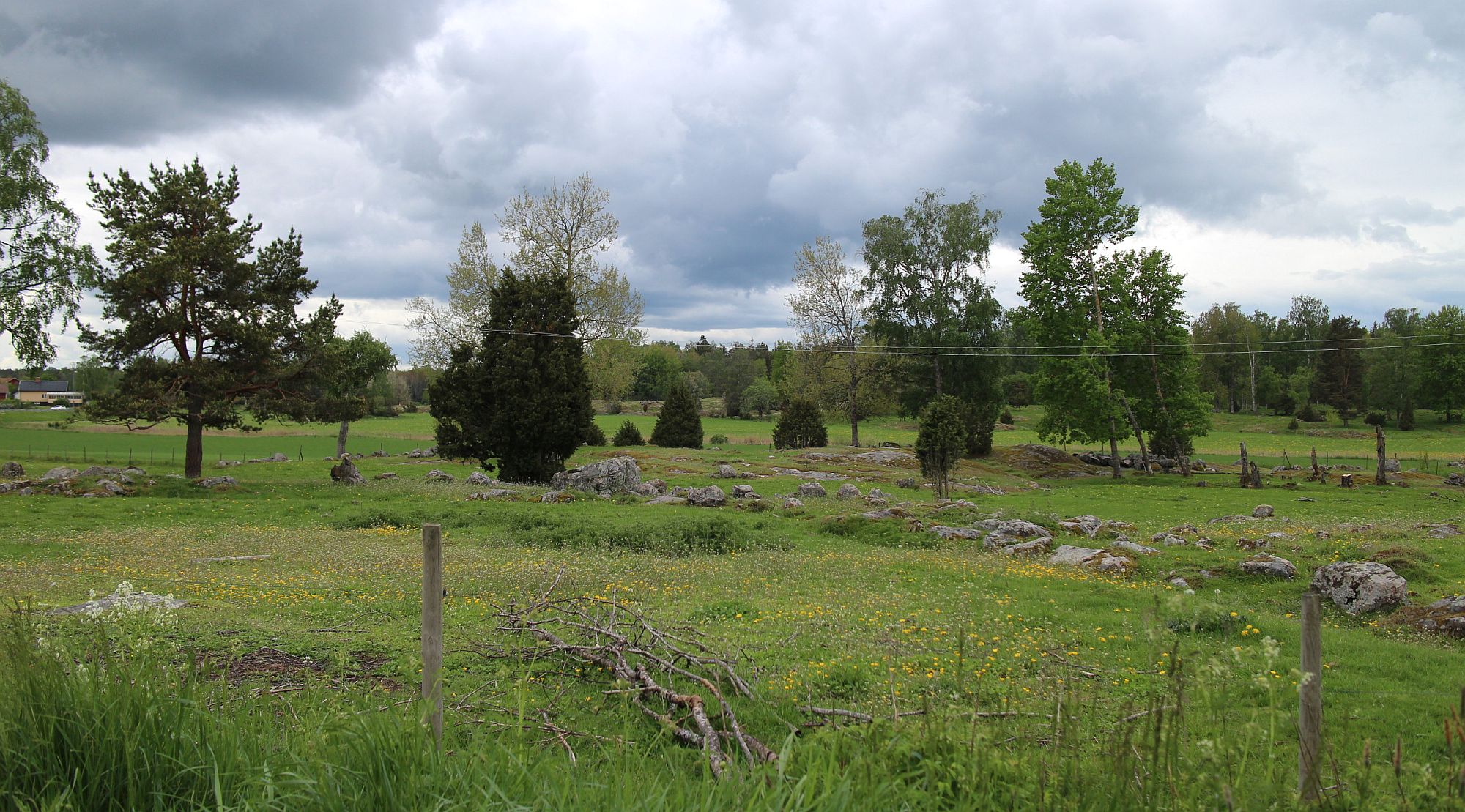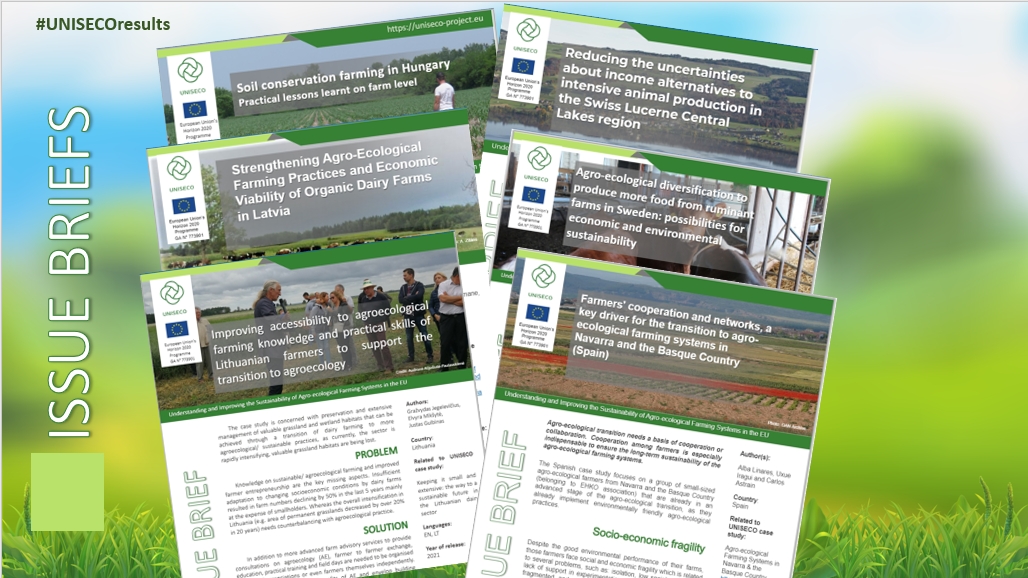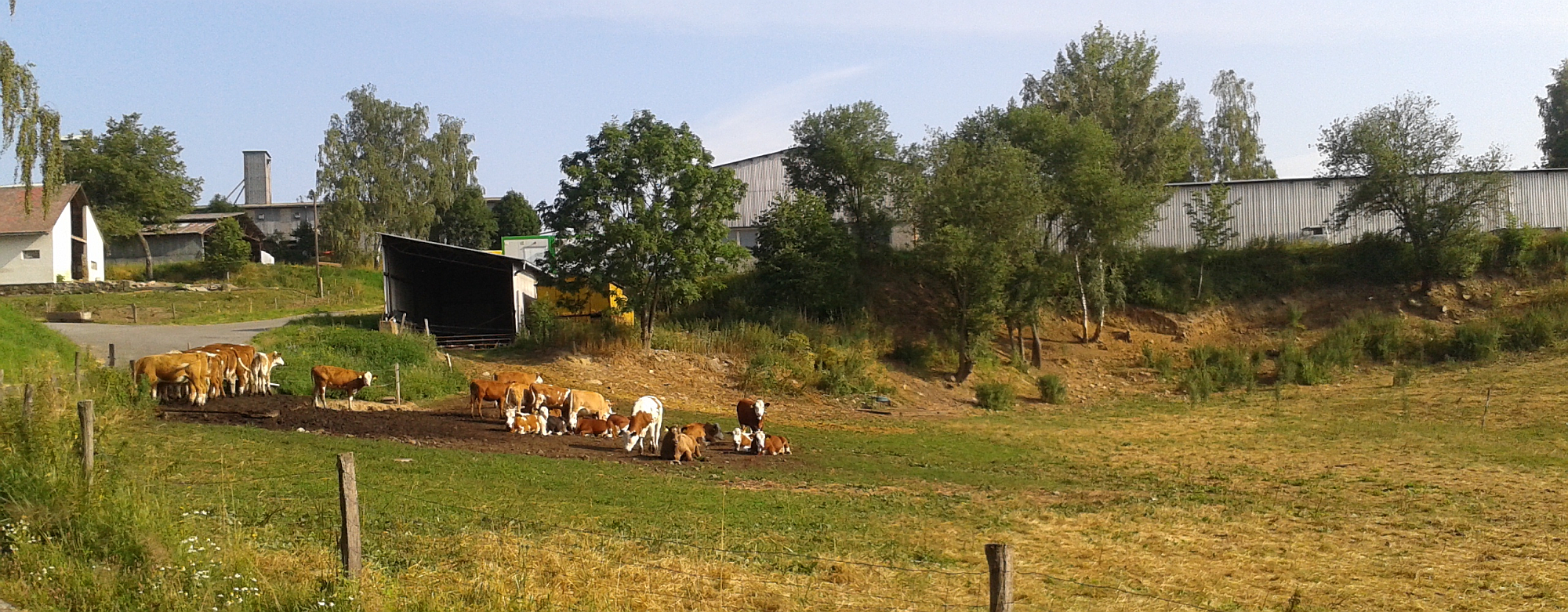Further research needs
Recommendations for future research within a European R&I partnership on agroecology living labs and research infrastructures
Based on an improved understanding of socioeconomic and policy barriers of drivers of agro-ecological farming in the EU, the UNISECO project co-constructed strategies for agro-ecological transitions with actors in case studies in 15 European countries. Sustainability impacts of the implementation of agro-ecological practices were assessed at farm and territorial level.
The final project conference took place on the 18th and 19th March 2021. The digital event brought together more than 350 attendees from 35 countries to discuss lessons learnt and emerging key issues for supporting agro-ecological transitions, and to identify future research needs and actions to enhance those transitions.
Roundtable discussion of future research needs
The roundtable discussion involved a panel of experts comprising representatives of DG Agri, the FAO, farmer associations, the Strategic Working Group of SCAR-AKIS, the UNISECO project and members of its Scientific Advisory Board, and the ALL-Ready and LIFT projects. Views were exchanged, through a transdisciplinary lens, on the needs for future research for agro-ecological transitions. In particular, the roundtable discussion identified research needs of relevance to the candidate European R&I partnership on agroecology living labs and research infrastructures.
Recommendations
Based on the principal results of UNISECO and roundtable debate, recommendations have been formulated for future research needs and actions to enhance agro-ecological transitions:
Research -
- improved understanding of how agro-ecological systems interact with expected climate changes, and how agro-ecological transitions can contribute to climate positive farming,
- improved understanding of how to create viable value chains and markets for agro-ecological farming products that can stimulate the upscaling of agro-ecological transitions,
- combine transdisciplinary and disciplinary research to identify how to minimize losses of yield associated with agro-ecological farming practices,
- improved understanding of the social and political factors relevant to overcoming barriers to the adoption of agro-ecological practices,
- co-learning of experiences, successes and failures of local actors of agro-ecological transitions
Actions -
- inform policymakers of the sustainability impacts of different combinations of agro-ecological practices, the contexts in which combinations of practices are effective, and how their implementation can be promoted through policy,
- facilitate fair access for all actors to engage in, and benefit from, research,
- link research on agro-ecological transitions with education, training and citizen focused learning.
Downdload the project brief:
